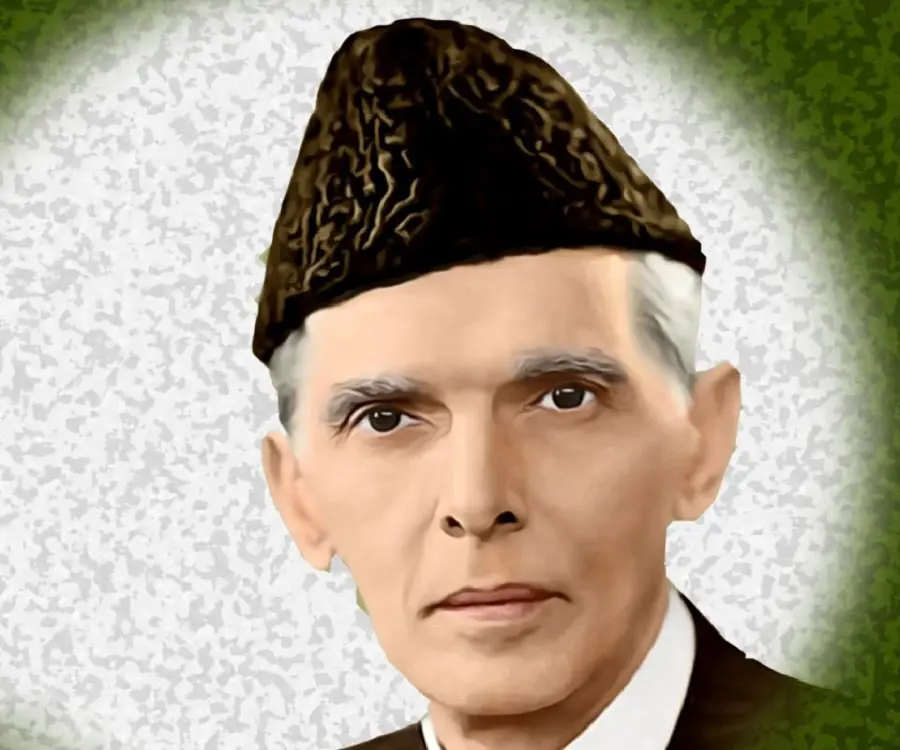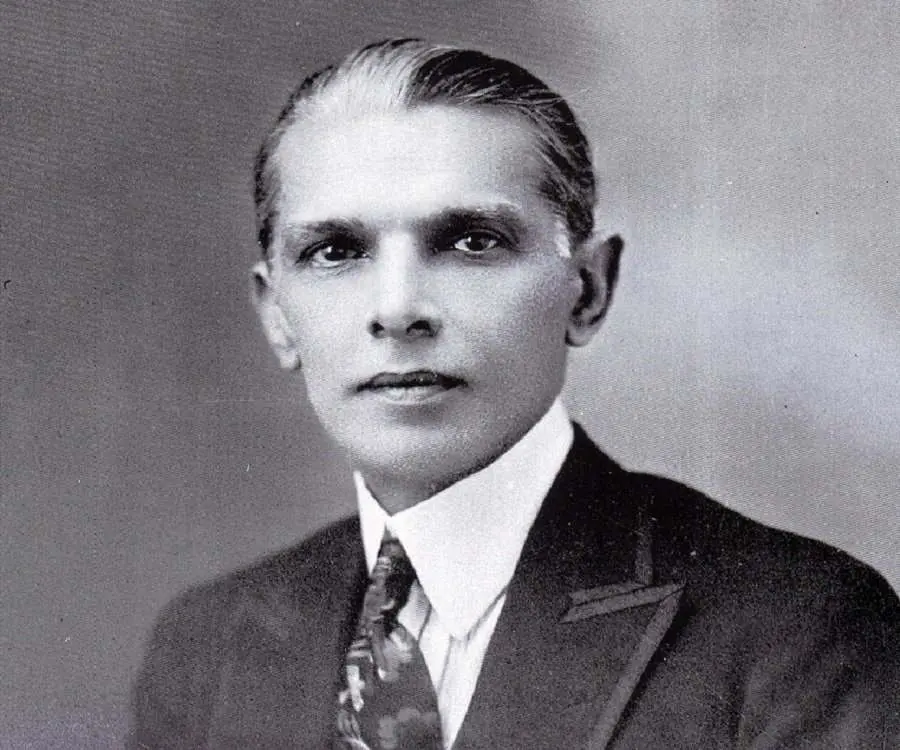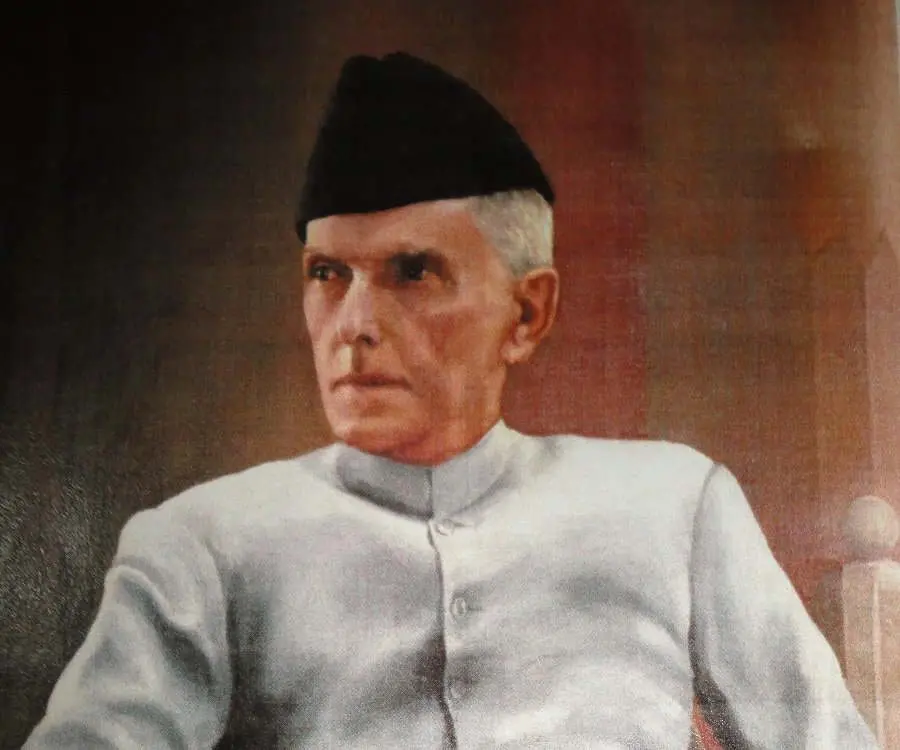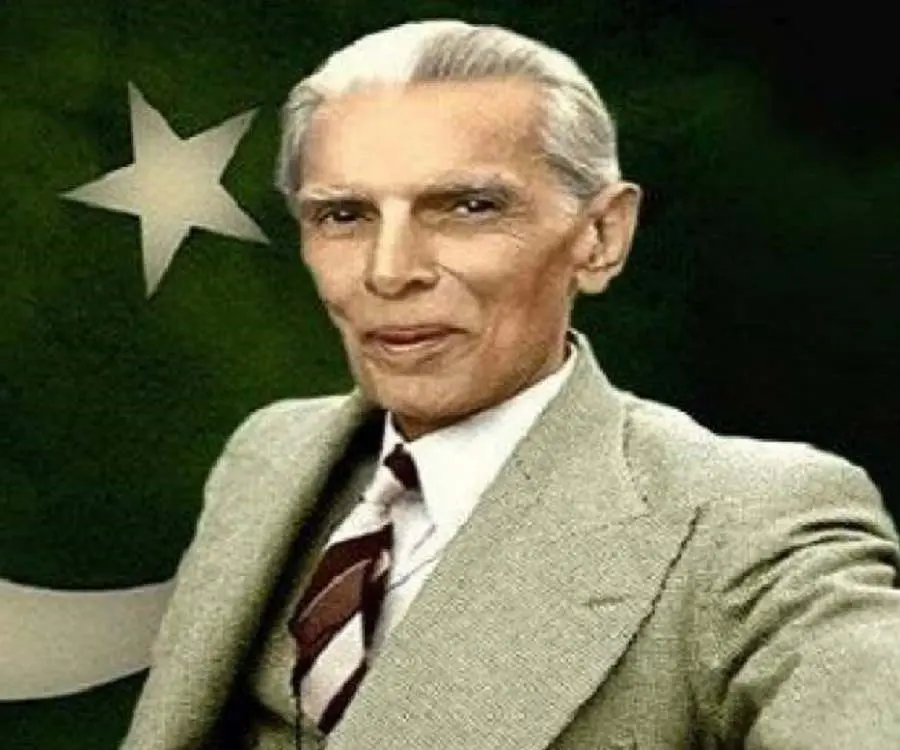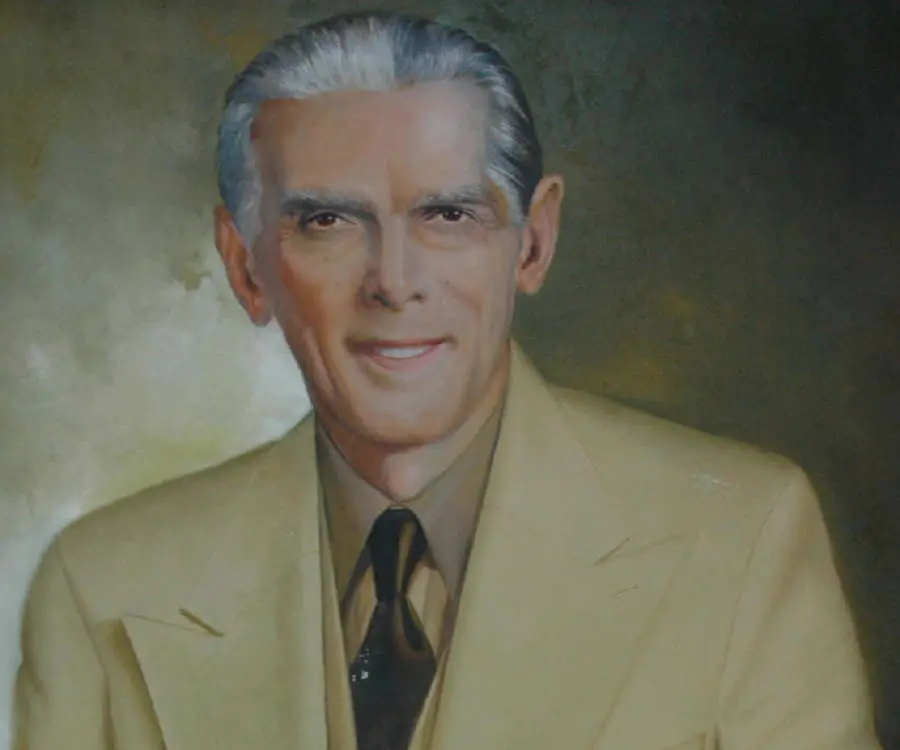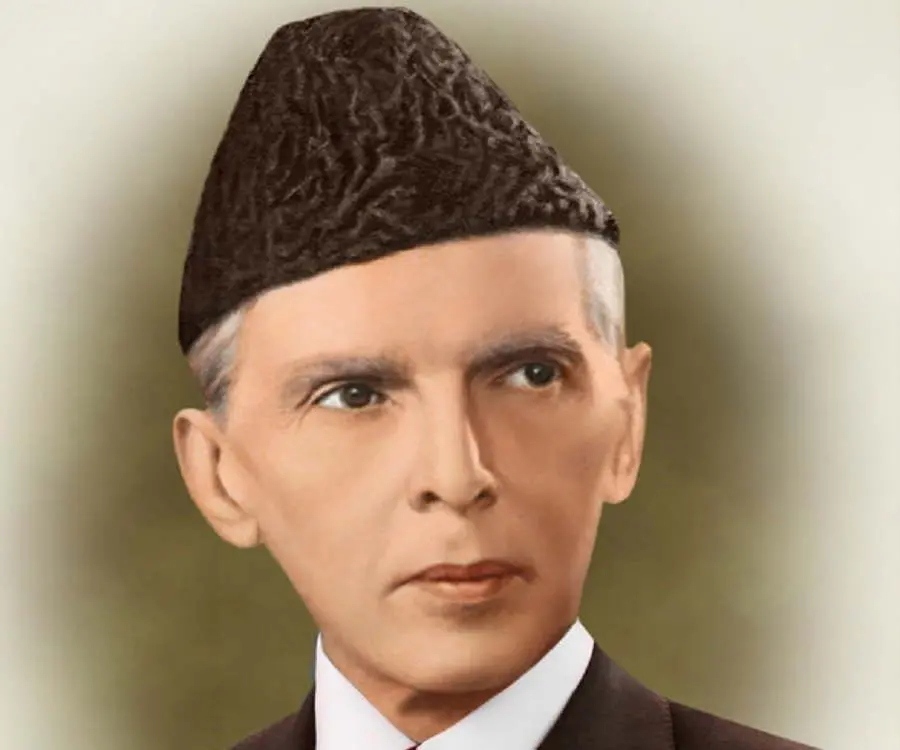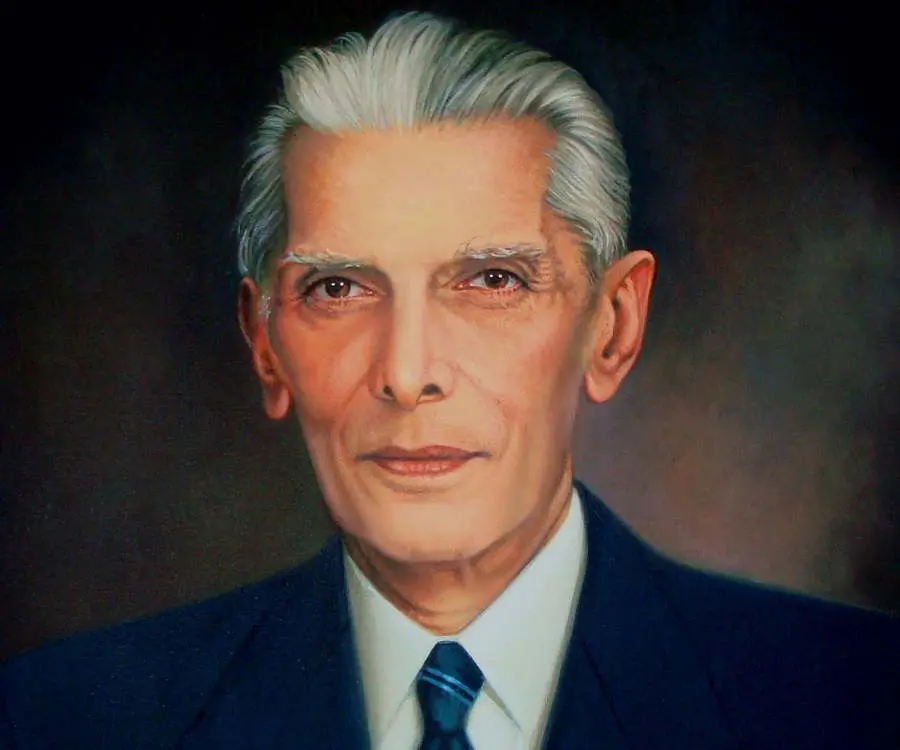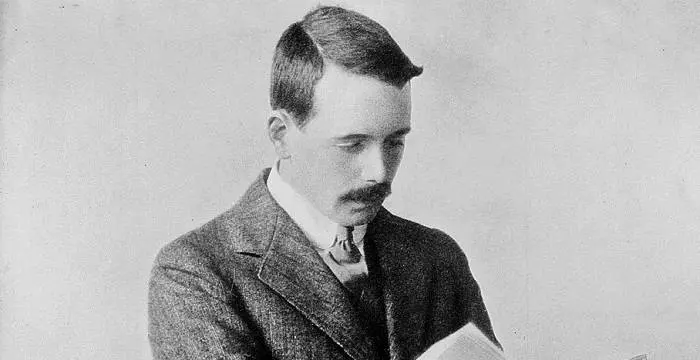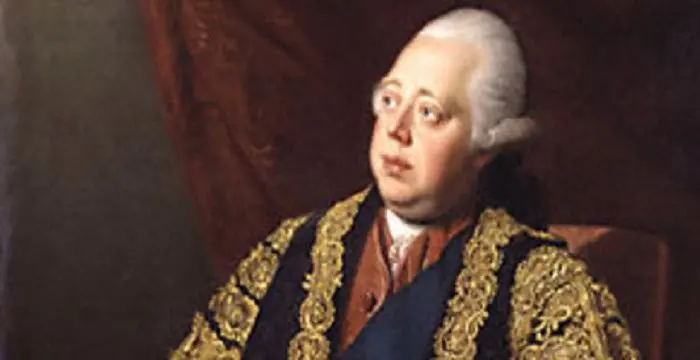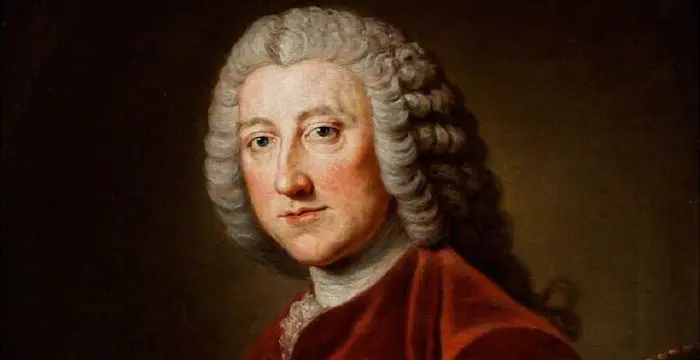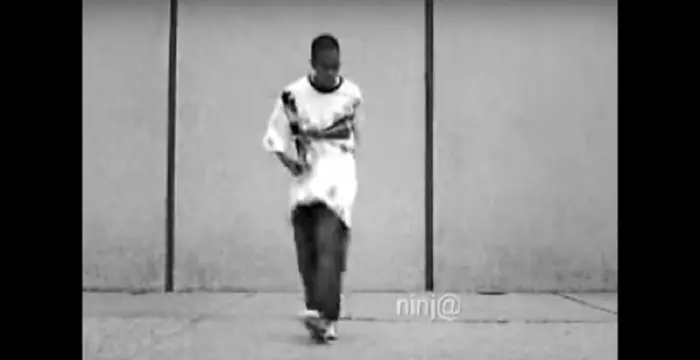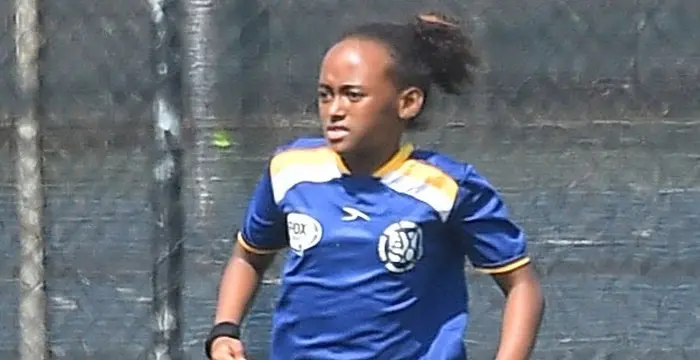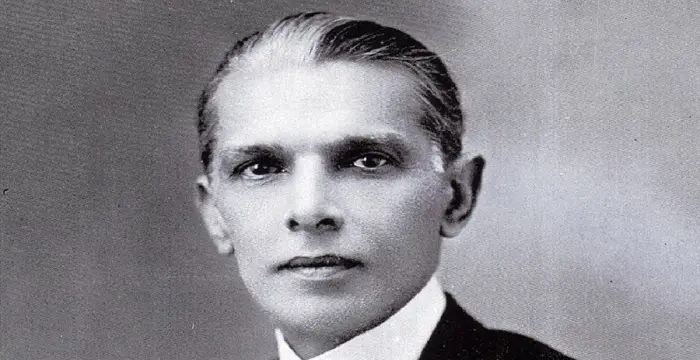
Muhammad Ali Jinnah - Political Leaders, Life Achievements and Childhood
Muhammad Ali Jinnah's Personal Details
Muhammad Ali Jinnah was an influential political leader of India before partition and instrumental in creation of Pakistan
| Information | Detail |
|---|---|
| Birthday | December 25, 1876 |
| Died on | September 11, 1948 |
| Nationality | Pakistani |
| Famous | Trinity College, Oxford, Leaders, Political Leaders |
| Spouses | Emibai Jinnah (m. 1892–1893), Rattanbai Petit (1918-1929) |
| Siblings | Fatima Jinnah |
| Childrens | Dina Jinnah |
| Universities |
|
| Notable Alumnis |
|
| Cause of death |
|
| Birth Place | Karachi |
| Political Ideology | Indian National Congress (1906–20), All-India Muslim League (1913–47), Muslim League (1947–48) |
| Religion | Islam |
| Gender | Male |
| Father | Jinnahbhai Poonja |
| Mother | Mithibai |
| Sun Sign | Capricorn |
| Born in | Karachi |
| Died at Age | 71 |
// Famous Political Leaders
Edi Rama
Edi Rama is the current Prime Minister of Albania. Check out this biography to know about his childhood, life, achievements, works & timeline.
Khalifa bin Zayed Al Nahyan
Sheikh Khalifa bin Zayed Al Nahyan is the current President of the United Arab Emirates (UAE). Check out this biography to know about his birthday, childhood, family life, achievements and fun facts about him.
Leo Varadkar
Cam Leo Varadkar is the current Taoiseach—the Prime Minister—of the Republic of Ireland. Check out this biography to know about his childhood, family life, achievements and other facts about his life.
Muhammad Ali Jinnah's photo
Who is Muhammad Ali Jinnah?
The founder and the first Governor General of the state of Pakistan, Muhammad Ali Jinnah was one of the most influential political leaders in the Indian subcontinent during the British rule. A lawyer by profession, this eminent politician and statesman held several important positions in his lifetime and gradually became instrumental in creation of Pakistan. An intellectual and an eloquent orator, Jinnah’s life is shrouded in several controversies. During the first part of his political career, he was hailed as an ambassador of Hindu-Muslim unity by prominent leaders as Tilak and Nehru. Even as the demand for a separate country for Indian Muslims started to surface Jinnah advocated for a unified India as he believed that the Muslim traditions and rights are safe in a unified India. During the 1930s and 1940s, there came a fundamental shift in his thinking and differences started arising between Jinnah and the congress leaders. He began to drift towards the demand for a separate country for Muslims and successfully negotiated the creation of Pakistan with the British.
// Famous Leaders
Edi Rama
Edi Rama is the current Prime Minister of Albania. Check out this biography to know about his childhood, life, achievements, works & timeline.
Tecumseh
Tecumseh was a Native American leader of the Shawnee clan. This biography profiles his childhood, life and timeline.
Khalifa bin Zayed Al Nahyan
Sheikh Khalifa bin Zayed Al Nahyan is the current President of the United Arab Emirates (UAE). Check out this biography to know about his birthday, childhood, family life, achievements and fun facts about him.
Family Background & Upbringing
Born on the Christmas day in 1876 in Karachi, Mohammed Ali Jinnah was the son of a middleclass Guajarati Merchant, Jinnahbhai Poonja and Mithibai. His parents were from Paneli, Gondal and had shifted to Karachi just a year before his birth.
Second of his seven siblings, his family belonged to the creed of Ismaili Khoja of Shia Islam. However, he later became a staunch follower of the Twelver Shi'a teachings.
Initially enrolled at Sindh-Madrasa-tul-Islam at the age of six, he soon moved to Bombay with his aunt and is said to have attended either Gokal Das Tej Primary School or perhaps a madrasa. Later, he attended Cathedral and John Connon School.
He had always been an indocile and restless kid and within few months he returned to his parents in Karachi. There, he was enrolled in the Christian Missionary Society High School.
Higher Education & England
At the age of 16, when offered an opportunity to work as an apprentice in Sir Frederick Leigh Croft’s company, ‘Graham's Shipping and Trading Company’, he decided to move to London in 1892.
Before leaving, he reluctantly succumbed to his mother’s relentless insistence and got married to Emibai Jinnah. However, both his mother and Emibai died while he was in England.
An ambitious teenager, he later resigned from the apprenticeship of the shipping company and started pursuing law to become a barrister. He joined the Lincoln's Inn and in 1895 was called to the bar in England.
Beginning of Political Career
Jinnah started practicing law in Bombay at the age of twenty and his career as a barrister started to flourish after he received an invitation from the Advocate General of Bombay, to work from his chambers.
In 1900, he was also offered the position of the Bombay Presidency Magistrate, which he served for a short while. His fame as a lawyer surged exponentially after he fought the ‘Caucus Case’ in 1907.
Though, he failed to secure a bail for Bal Gangadhar Tilak on the charges of sedition in 1908, he assured an acquittal for him when he was charged again with sedition in 1916.
Rise to Prominence
He became interested in politics during his frequent visits to the House of Commons while studying at Lincoln's Inn but his actual political affiliation started after he attended the 20th annual meeting of the Indian National Congress in 1904.
In 1906 he joined the Congress and started participating in Indian Independence movement. He strongly opposed separate electorate for Muslims and was elected to the Imperial Legislative Council as Bombay's Muslim representative in 1909.
In 1912, he attended a meeting of Muslim League and a year later joined the party while still remaining affiliated to the Congress and tried his best to bring the Congress and the League together.
In 1913, he was a member of the delegation sent to England on behalf of Congress, led by Gokhale. He was hailed as an ambassador of Hindu-Muslim unity by the Congress leaders and was immensely admired for his liberal ideologies.
In 1916, while he served as the president of Muslim League, the Congress and the League signed the ‘Lucknow Pact’, according to which the quotas were to be allocated to Muslims and Hindus regarding representation in the Indian provinces. The same year he also played a key role in establishing the Home Rule League.
In 1923, he was elected as Muslim representative for Bombay in the Central Legislative Assembly. He was extremely effective as a parliamentarian and also started working with the Swaraj Party.
By 1926, things started to fall apart between the congress and Jinnah and he started supporting separate electorates for Muslims. He, however, continued to believe Muslim tradition and rights did not have any threats under united India.
Pakistan Movement & Partition
During the 1930s, demands for a separate Muslim state in the Indian subcontinent started to surface; it was initiated by Sir Muhammad Iqbal.
Jinnah came up with the proposal of partition at the Muslim League Conference in 1940. He demanded a separate Muslim state be formed including the areas with the majority of Muslim population.
Around this time, there were indications that Muslim League would merge with the National League but later in 1942, it changed its stance and sided with Jinnah on the matter of separation.
In 1947 Lord Mountbatten was sent to India by Clement Attlee administration. Mountbatten was entrusted the responsibility of handing over the powers to India and draw the outlines for a separate state of Pakistan.
On 14th August, 1947 Jinna’s envisioned state of Pakistan came into existence and he was made the Governor General of the newly formed Muslim state.
Jinnah died a year after partition and didn’t have too much of a role to play in the formative years of Pakistan due to his declining health.
Controversies
Most of the controversies surrounding Jinnah pertain to his role in partition of India and Pakistan and his sudden demand of a separate state for Muslims. His beginning as a secular leader and his transformation into pro-Pakistan Movement leader is riddled with speculations and many unfounded theories.
One controversy also arises from a statement of regret that he allegedly made from his death bed claiming that Pakistan was his biggest mistake. It is a very famous statement but seems a bit unfounded or uncorroborated.
Awards & Achievements
In 1925, to honor his contributions as a legislator, he was offered a knighthood by Lord Reading, which he rejected saying "I prefer to be plain Mr. Jinnah”.
He was sworn as the First Governor General of the state of Pakistan a day after its creation.
Personal Life & Legacy
Jinnah married Emibai Jinnah when he was just 16 years old and that too before he left for England in 1892. She died while he was still in England.
On one of his trips to Darjeeling he met the 16-year-old Ratanbai and married her after a couple of years on 19th April, 1918, when she was 18 and had converted to Islam. The couple had a daughter named Dina and they separated in 1928.
He passed away on 11th September, 1948 in Karachi almost a year after the creation of Pakistan. He was suffering from tuberculosis.
He is depicted on all Pakistani currency notes and several Pakistani public institutions bear his name.
Cinnah Caddesi, one of the largest streets in the Turkish capital Ankara, was also named after this prominent politician and statesman.
There is also a Mohammad Ali Jenah Expressway in Teheran, Iran.
His greatest legacy is the state of Pakistan and describing the effect that he left had on the world, Wolpert stated, “Few individuals significantly alter the course of history. Fewer still modify the map of the world. Hardly anyone can be credited with creating a nation-state. Mohammad Ali Jinnah did all three”.
Trivia
A prominent Muslim leader of the Indian subcontinent, he supported the British Crusaders when they launched war against the Islamic Khilafah during the First World War.
This Muslim League leader remained addicted to smoking throughout his life and also enjoyed drinking alcohol in private gatherings with his close friends.
His childhood house in Bombay had been a matter of great dispute regarding the ownership between the Indian and the Pakistani governments for quite some time.
In 2007, a biographical book written about him by a prominent Indian politician generated fresh controversies and eventually led to his expulsion from the party.
// Famous Trinity College, Oxford
Henry Moseley
Henry Moseley was a renowned English physicist who developed the Moseley’s Law in the field of x-ray spectroscopy. To know more about his childhood, career, profile and timeline read on.
Lord North
Lord North served as the Prime Minister of Great Britain from 1770 to 1782. This biography provides detailed information about his life, career, achievements and timeline.
William Pitt, 1st Earl of Chatham
William Pitt, 1st Earl of Chatham was an 18th century British politician and statesman. Check out this biography to know about his childhood, life, achievements, works & timeline.
Muhammad Ali Jinnah biography timelines
- // 25th Dec 1876Born on the Christmas day in 1876 in Karachi, Mohammed Ali Jinnah was the son of a middleclass Guajarati Merchant, Jinnahbhai Poonja and Mithibai. His parents were from Paneli, Gondal and had shifted to Karachi just a year before his birth.
- // 1892At the age of 16, when offered an opportunity to work as an apprentice in Sir Frederick Leigh Croft’s company, ‘Graham's Shipping and Trading Company’, he decided to move to London in 1892.
- // 1895An ambitious teenager, he later resigned from the apprenticeship of the shipping company and started pursuing law to become a barrister. He joined the Lincoln's Inn and in 1895 was called to the bar in England.
- // 1900In 1900, he was also offered the position of the Bombay Presidency Magistrate, which he served for a short while. His fame as a lawyer surged exponentially after he fought the ‘Caucus Case’ in 1907.
- // 1904He became interested in politics during his frequent visits to the House of Commons while studying at Lincoln's Inn but his actual political affiliation started after he attended the 20th annual meeting of the Indian National Congress in 1904.
- // 1906In 1906 he joined the Congress and started participating in Indian Independence movement. He strongly opposed separate electorate for Muslims and was elected to the Imperial Legislative Council as Bombay's Muslim representative in 1909.
- // 1908Though, he failed to secure a bail for Bal Gangadhar Tilak on the charges of sedition in 1908, he assured an acquittal for him when he was charged again with sedition in 1916.
- // 1912In 1912, he attended a meeting of Muslim League and a year later joined the party while still remaining affiliated to the Congress and tried his best to bring the Congress and the League together.
- // 1913In 1913, he was a member of the delegation sent to England on behalf of Congress, led by Gokhale. He was hailed as an ambassador of Hindu-Muslim unity by the Congress leaders and was immensely admired for his liberal ideologies.
- // 1916In 1916, while he served as the president of Muslim League, the Congress and the League signed the ‘Lucknow Pact’, according to which the quotas were to be allocated to Muslims and Hindus regarding representation in the Indian provinces. The same year he also played a key role in establishing the Home Rule League.
- // 1923In 1923, he was elected as Muslim representative for Bombay in the Central Legislative Assembly. He was extremely effective as a parliamentarian and also started working with the Swaraj Party.
- // 1926By 1926, things started to fall apart between the congress and Jinnah and he started supporting separate electorates for Muslims. He, however, continued to believe Muslim tradition and rights did not have any threats under united India.
- // 1940Jinnah came up with the proposal of partition at the Muslim League Conference in 1940. He demanded a separate Muslim state be formed including the areas with the majority of Muslim population.
- // 1942Around this time, there were indications that Muslim League would merge with the National League but later in 1942, it changed its stance and sided with Jinnah on the matter of separation.
- // 1947In 1947 Lord Mountbatten was sent to India by Clement Attlee administration. Mountbatten was entrusted the responsibility of handing over the powers to India and draw the outlines for a separate state of Pakistan.
// Famous Capricorn Celebrities peoples
Weston Koury
All about American social media star Weston Koury, including his age, family life, girlfriends, birthday, and some fun facts.
Elin Nordegren
Elin Nordegren is the ex-wife of Tiger Woods. Check out this biography to know about her childhood, family life, achievements and fun facts about her life.
ItsJustNick
ItsJustNick is a Canadian YouTube star & social media personality. Let’s take a look at his family and personal life including age, date of birth, net worth, girlfriends, and fun facts.
Rudan Custodio
Check out all that you wanted to know about Rudan Custodio, the famous American YouTube Personality; his birthday, his family and personal life, his girlfriends, fun trivia facts and more.
Zahara Jolie-Pitt
Zahara Jolie-Pitt is the adopted daughter of former celebrity couple Angelina Jolie and Brad Pitt. Check out this biography to know about her childhood, family life and fun facts about her.
Adam Dahlberg
Check out all that you wanted to know about Adam Dahlberg, the famous YouTuber and gamer; his birthday, his family and personal life, his wife, fun trivia facts and more.
Muhammad Ali Jinnah's FAQ
What is Muhammad Ali Jinnah birthday?
Muhammad Ali Jinnah was born at 1876-12-25
When was Muhammad Ali Jinnah died?
Muhammad Ali Jinnah was died at 1948-09-11
Where was Muhammad Ali Jinnah died?
Muhammad Ali Jinnah was died in Karachi
Which age was Muhammad Ali Jinnah died?
Muhammad Ali Jinnah was died at age 71
Where is Muhammad Ali Jinnah's birth place?
Muhammad Ali Jinnah was born in Karachi
What is Muhammad Ali Jinnah nationalities?
Muhammad Ali Jinnah's nationalities is Pakistani
Who is Muhammad Ali Jinnah spouses?
Muhammad Ali Jinnah's spouses is Emibai Jinnah (m. 1892–1893), Rattanbai Petit (1918-1929)
Who is Muhammad Ali Jinnah siblings?
Muhammad Ali Jinnah's siblings is Fatima Jinnah
Who is Muhammad Ali Jinnah childrens?
Muhammad Ali Jinnah's childrens is Dina Jinnah
What was Muhammad Ali Jinnah universities?
Muhammad Ali Jinnah studied at Trinity College, Oxford, Trinity College, Oxford, University of Mumbai
What was Muhammad Ali Jinnah notable alumnis?
Muhammad Ali Jinnah's notable alumnis is Trinity College, Oxford
What is Muhammad Ali Jinnah's cause of dead?
Muhammad Ali Jinnah dead because of Tuberculosis
What is Muhammad Ali Jinnah's political ideology?
Muhammad Ali Jinnah's political ideology is Indian National Congress (1906–20), All-India Muslim League (1913–47), Muslim League (1947–48)
What is Muhammad Ali Jinnah's religion?
Muhammad Ali Jinnah's religion is Islam
Who is Muhammad Ali Jinnah's father?
Muhammad Ali Jinnah's father is Jinnahbhai Poonja
Who is Muhammad Ali Jinnah's mother?
Muhammad Ali Jinnah's mother is Mithibai
What is Muhammad Ali Jinnah's sun sign?
Muhammad Ali Jinnah is Capricorn



